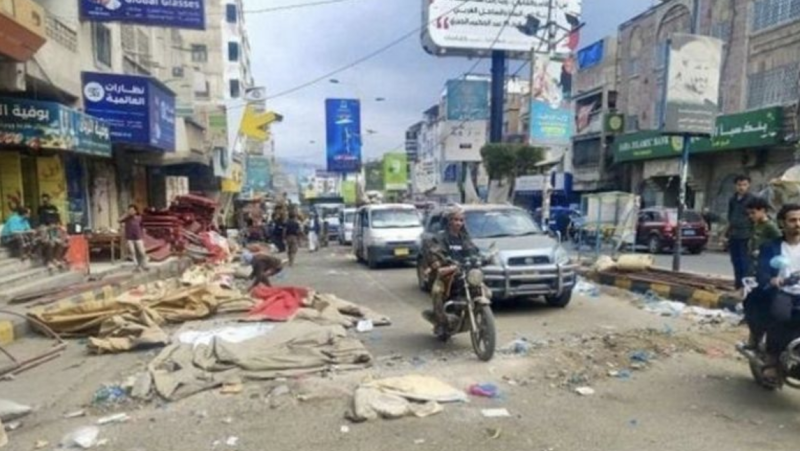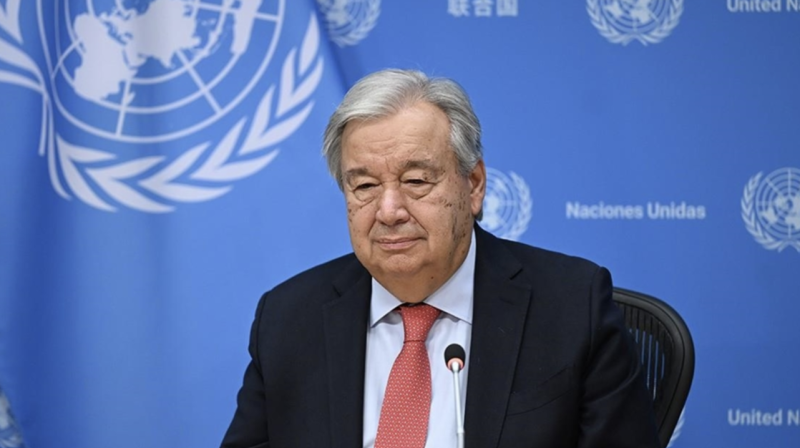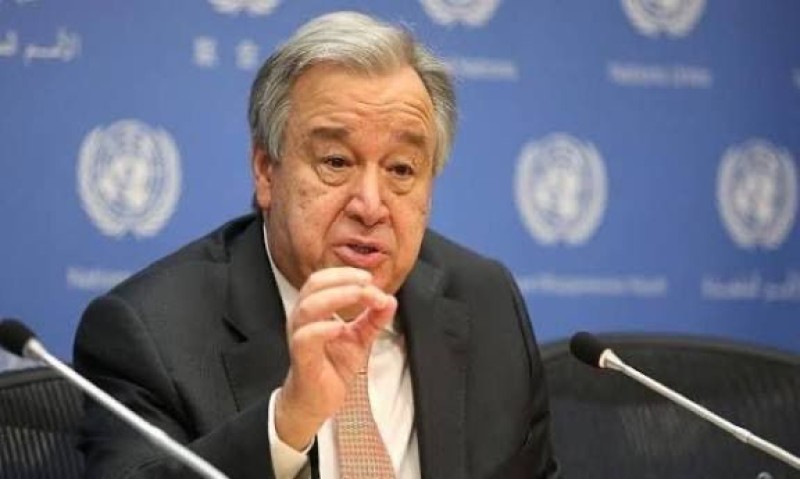QRCS supports health facilities in three Yemeni governorates [EN/AR]
![QRCS supports health facilities in three Yemeni governorates [EN/AR]](https://yemenonline.info/public/media/imgs/news/b48324a7-4f0e-4bc9-8937-a11933022ba8.png)
![QRCS supports health facilities in three Yemeni governorates [EN/AR]](https://yemenonline.info/public/media/imgs/news/b48324a7-4f0e-4bc9-8937-a11933022ba8.png)
In partnership with Qatar Fund for Development and the United Nations Population Fund (UNFPA), Qatar Red Crescent Society (QRCS) has launched a project to provide comprehensive health care services for the vulnerable in Yemen.
It involves supporting 10 health facilities in the governorates of Sanaa, Taiz, and Al-Hudaydah, as well as the Khalifa Hospital in Al-Turbah, a town of Taiz.
For years now, the people of Yemen have been living difficult conditions due to the war and blockade, which rendered most of the health facilities out of order.
As planned, the new project will cover a total of 561,600 medical consultations for Yemenis over 30 months. QRCS is working on Phase 1 of the project, through a set of mechanisms that include providing staff remunerations and securing operational supplies. The lacked medical equipment, furnishing, medications, and lab solutions have already been procured, which helped to achieve a remarkable development in the public health system. Records of the target health facilities show an increase in the number of visitors who benefited from medical consultations, hitting 26,838 since the launch of the project in December 2020.
In a statement, Misfer Hamad Al-Shahwani, Deputy General Manager for Projects at QFFD, said, “As a result of the successive conflicts and widespread epidemics, Yemen is in dire need of a rescue plan for the health systems. Pursuant to QFFD’s priorities and the Sustainable Development Goals (SDGs) to ensure safe access to health services, QFFD and its strategic partners QRCS and UNFPA back the health sector of Yemen, by providing health services at 11 health facilities in Sanaa, Taiz, and Al-Hudaydah”.
Dr. Nasser Mabkhot, Manager of the 22 May Hospital in Amant Al-Asimah, stated, “Prior to the intervention, the hospital was in a very bad situation. The services offered to visitors were of too low quality compared even to a health center. Since the beginning of March 2021, QRCS started to cover the payroll. This translated into better workflow and quality of service. The pharmacy was supplied with a good collection of drug classes, which helped to attract noticeably more visitors. Thanks to QRCS’s support for the laboratory department, we are able to conduct more lab tests. Now, it can be called a hospital”.
“We look forward to more support in terms of obstetric emergencies, such as neonatal incubators and intensive care furnishing,” said Dr. Mabkhot. “We have the rooms to install all medical equipment and perform C-section procedures. This way, all the medical, treatment, and surgical services will be readily available”.
He profusely thanked QFFD, QRCS, and UNFPA for their assistance to boost the quality of medical services for all patients who visit the hospital from different areas, particularly the poor and vulnerable communities.
In the same vein, Dr. Abdul-Rahman Ahmed Saleh, General Manager of the Khalifa Hospital in Al-Turbah, said, “Since its establishment in 1989, the hospital has been facing considerable challenges. It was originally designed to serve a population of 243,000. Today, it has to serve some 1.2 million people, due to the overpopulation and mass displacement”.
“There are hard-to-meet gaps, including understaffing and lack of renovations due to the war since 2011. The hospital suffers a lot, both financially and operationally, let alone obsolete medical equipment and furniture. I hope that our brothers who are here for us will give more support for the health system, in order to meet the expectations of patients and upgrade diagnostic and therapeutic activities,” he added.
Through this project, QFFD, QRCS, and UNFPA are working together to improve the health services at 11 health facilities in Sanaa, Taiz, and Al-Hudaydah. It is divided into four phases, the first of which had a cost of $1.7 million. In December, the project’s agreement was signed by the three parties, for the benefit of the most affected groups in Yemen.
##End of Text##
About Qatar Red Crescent (QRCS) Established in 1978, Qatar Red Crescent Society (QRCS) is a humanitarian volunteering organization that aims to assist and empower vulnerable individuals and communities without partiality or discrimination. QRCS is a member of the International Red Cross and Red Crescent Movement, which consists of the International Federation of the Red Cross and Red Crescent Societies (IFRC), the International Committee of the Red Cross (ICRC), and 191 National Societies. QRCS is also a member of several GCC, Arab, and Islamic organizations, such as the Islamic Committee of International Crescent and the Arab Red Crescent and Red Cross Organization (ARCO). In this legally recognized capacity, QRCS has access to disaster and conflict zones, thus serving as an auxiliary to the State of Qatar in its humanitarian efforts — a role that distinguishes it from other local charities and NGOs. QRCS operates both locally and internationally and has ongoing international relief and development projects in a number of countries throughout the Middle East, Asia, Africa, and Europe. QRCS's humanitarian actions include providing support in disaster preparedness, disaster response, risk reduction, and disaster recovery. To mitigate the impact of disasters and improve the livelihoods of affected populations, QRCS provides medical services, healthcare, and social development to local communities. It is also active at the humanitarian advocacy front. With the help of a vast network of trained, committed staff and volunteers, QRCS aspires to improve the lives of vulnerable people by mobilizing the power of humanity. QRCS works under the umbrella of the seven international humanitarian principles: humanity, impartiality, neutrality, independence, voluntary service, unity, and universality.

Taiz -- A child and another man were killed, while nine others including a young girl were injured on Thursday, December 18, after an explosive dev…

NewYork -- United Nations Secretary-General António Guterres on Wednesday strongly condemned the continued arbitrary detention of UN personn…

New York — United Nations Secretary-General António Guterres told the Security Council that the operating environment in areas under t…